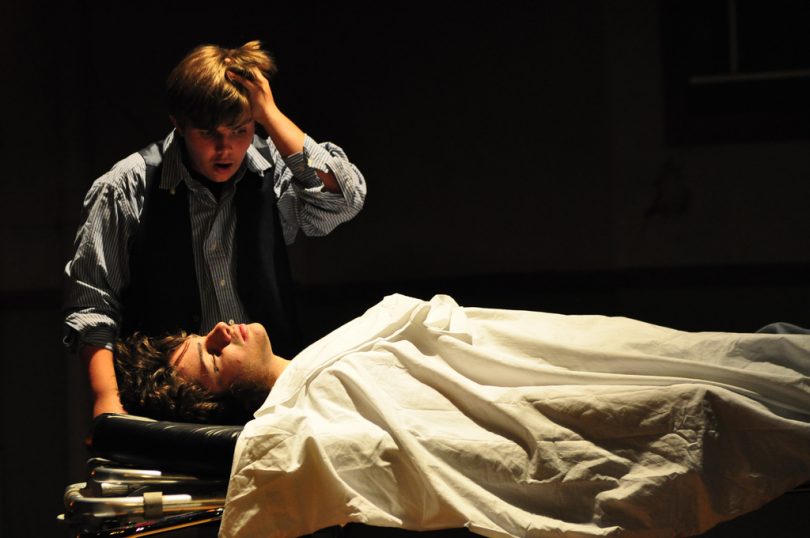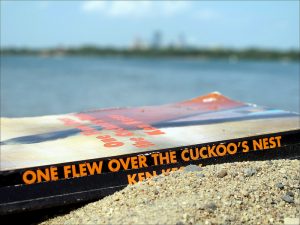Theatre is one of the most highly-valued stage arts in the world, and the reason is simple: there is a magic that comes from the emotional and dramatic experience of direct interaction with an audience and seeing the hard work of the artists, the actors, in a personal and immediate fashion. In theatre, there is a direct interaction and feedback between the audience and the actors that you can’t experience in the movie theater. A scene or statement onstage can elicit immediate reactions from the audience, in the form of gasps, laughter, tears and applause. It truly is a two-way street, as the lack of enthusiasm from an audience can affect the confidence of the actors, since those that come to theatre come to feel, and the actors want to feel that they’ve succeeded in causing the audience to relate to specific emotions. Today in this article from ShMadrid, we want to talk about a production currently taking place in the city that is charged with emotion and excitement, one that had great success in movie theaters in the 70s and that deals with prominent human themes such as fear and freedom.
Related article: Madrid Theater
One flew over the cuckoo’s nest, the madness of freedom
This play, brought to movie theaters in the 70s and featuring American actor Jack Nicholson, is based on the novel by Ken Kesey, was adapted as a play by Dale Wasserman and is directed and translated by Jaroslaw Bielski. The company representing the production is La Dalia Films, and it is currently being performed in the Teatro Fernán Gómez Centro Cultural de la Villa in Madrid until November 4, so get your tickets while it’s still playing! The plot revolves around a convict that is transferred to a mental institution, where he finds many of the patients living comfortably despite being incapable of confronting life in the modern world.
Related article: Seeing Madrid Diferente
One flew over the Cuckoo’s Nest is a critique of the treatment of those with mental illnesses in the psychiatric wards of the era, which isn’t too far off from the mistreatment and stigma those with mental illnesses face in the world today. Instead of equipping these people with tools to help them live as normal and equal a life as possible, institutions adopted a paternalistic attitude, instead restricting their rights and freedom for their own personal and monetary gain. As a result, patients chose to leave and have the freedom to find their own path and stop believing that the only way to survive in society was to be locked away, medicated, and forced to receive horrible “treatments” such as electroshock therapy. The restricting lack of liberty in the institution contrasts with the anarchical and free spirit of the new patient, Randle Patrick McMurphy, whose attitude spreads to the other patients and causes more rebellious behavior. The remaining peace and serenity in the psych ward, supervised by a tough and unwavering chief nurse and her iron code of conduct, is interrupted by the “inappropriate behavior” exhibited by the patients due to the arrival of McMurphy. So begins the “rebellion” against the ward.
*Main photo by Len Radin via VisualHunt
What do you think about this theater adaptation of the novel? Do you prefer the book or the movie?








